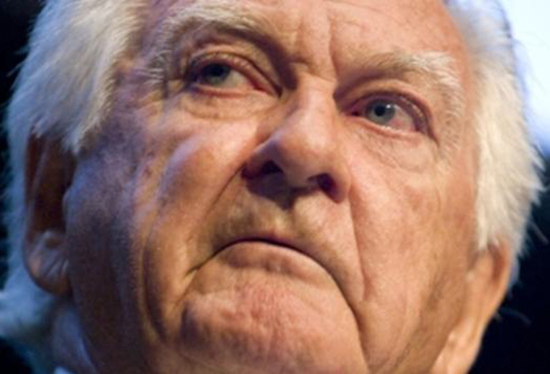
CANBERRA (ABC News / Pacific Media Watch): The Australian National Archives has released 10,000 previously secret cabinet documents from the years 1986 and 1987, Radio Australia reports.
The papers revealed a variety of matters, including the Australian government's concerns over tensions in the relationship between Papua New Guinea and Indonesia over West Papua.
Now emeritus professor in strategic studies at the Australian National University, Paul Dibb was back in the 1980s the Director of the Defence Intelligence Organisation.
He provided advice to the cabinet and warned Australia could lose its entire army - some 30,000 soldiers - if it was required to support Papua New Guinea in a military conflict along the border with Indonesia.
Speaking to presenter Catherine Graue, Professor Dibb said:
The late 1980s were a time of considerable concern about where the Papua New Guinea-Indonesian border was going. There had been 10,000 or 12,000 refugees fleeing from what was then called Irian Jaya across the border into refugee camps that were large and causing problems for Papua New Guinea to sustain them. The issue had also been warming up over many years.
I mean the so called Free Papua Movement (OPM) which was based along the border on the Papua New Guinea side of the Irian Jaya-Papua New Guinea border had been active on and off since the early 1970s. And that was my clear remembrance as head of the National Assessment staff in the late 1970s.
It came to a bit of crisis in 79 when there was only about eight people cleared in Canberra to understand that we had some fairly firm information coming from a covert source in Jakarta that the Indonesian military under General Benny Murdani were getting fed up with this movement of the OPM, using the protection of being on the Papua New Guinea side of the border and then crossing and then occasionally killing and attacking Indonesian troops.
And we took that in the late 70s very seriously. So through the 70s, right through to the late 80s, there were these issues and they were essentially to do with the border, the activities of the OPM, and seen from the perspective of the Indonesian side a situation where they found that this was starting to become intolerable.
Full interview with Professor Dibb
This work is licensed under a Creative Commons Attribution-NonCommercial 3.0 New Zealand Licence.




